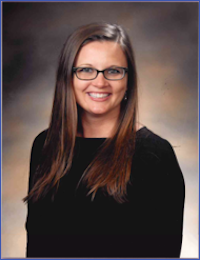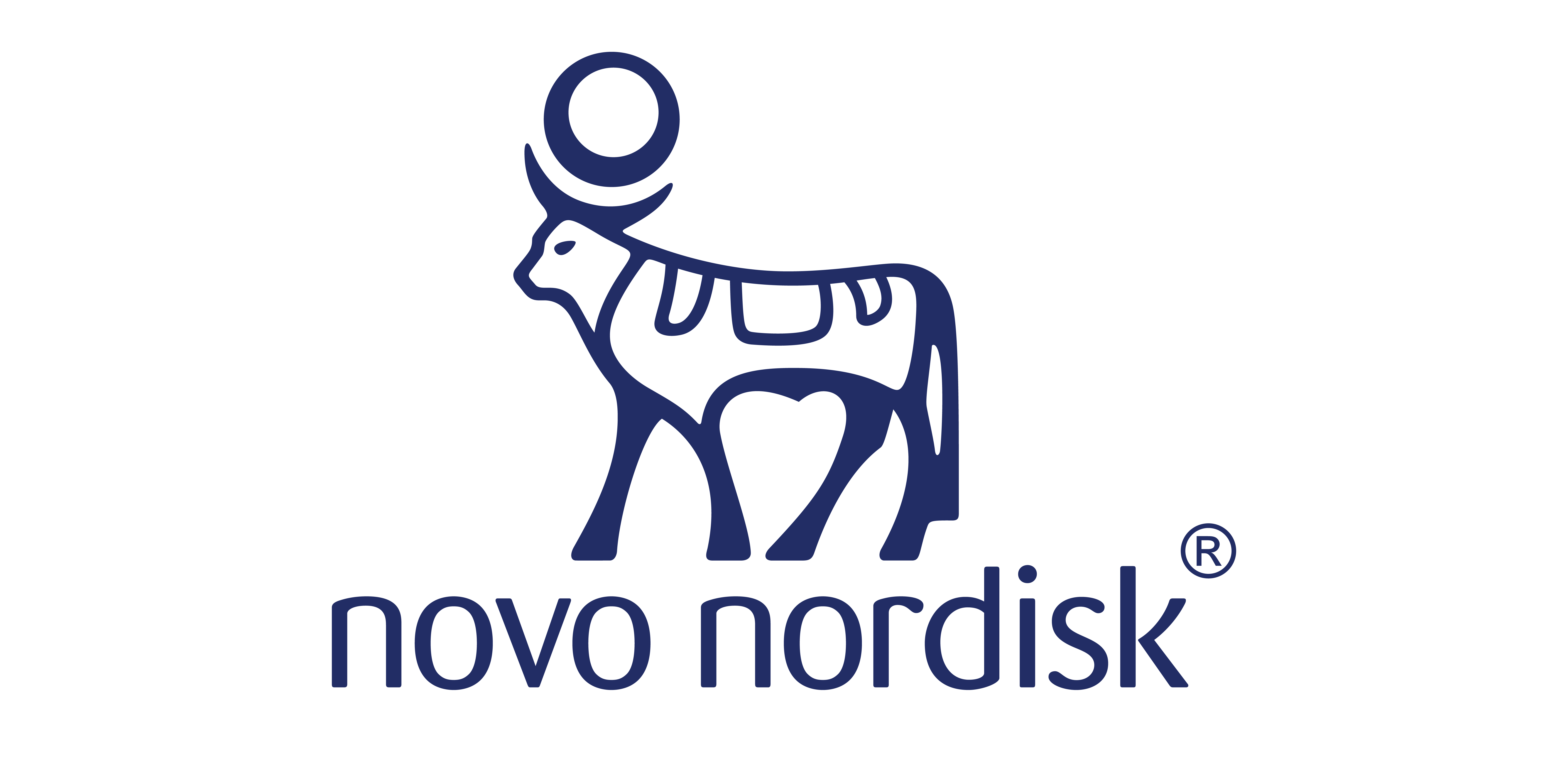2024 Annual Business Meeting
In the past, it has been a tradition for the SUNA President to deliver an annual business update at the uroLogic Conference Business Meeting. However, this year, we have chosen to share this update in the form of a video to ensure all members have the opportunity to access and listen to the presentation.
We encourage you to view Glenn Sulley's presentation and review our key metrics for 2024 provided below. We value your feedback and welcome your ideas on how we can further improve your experience as members. Please feel free to submit your feedback through the National Office and thank you for your continued support.
Where Do I Start?
CBUNA Board
Board of Directors
Corporate Member
2026 Advanced uroLogic
Elevate Your Nursing Practice
Join Us at the Premier Conference for Advanced Practice Urology Professionals
We are thrilled to extend a special invitation to you and your colleagues for the upcoming Advanced uroLogic Conference in Savannah, Georgia exclusively for advanced practice urology professionals.
Join us at the forefront of innovation and knowledge in urology!
Early Bird Registration Deadline: January 16, 2026.
Secure your spot early to take advantage of discounted rates.
Why Attend?
- Cutting-Edge Insights: Stay ahead in your field with the latest advancements and research in advanced level urology education. Our expert speakers will delve into emerging trends, innovative therapies, and best practices.
- Networking Opportunities: Connect with fellow nurses, renowned urology professionals, and industry leaders. Build valuable relationships that can enhance your career and collaborative efforts.
- Interactive Sessions: Engage in interactive sessions that provide practical skills and knowledge you can immediately apply in your practice.
- Earn Continuing Education Credits: Our conference is accredited, offering you the chance to earn valuable continuing education credits to support your professional development.
- Exhibit Hall: Explore the latest products, services, and technologies in urology. Discover cutting-edge tools that can enhance patient care and streamline your practice.
Don't miss the exceptional opportunity to advance your urology nursing career.
Who Should Attend?
SUNA’s Advanced uroLogic Conference is designed for Advanced Practice Urology Professionals – Advanced Practice Registered Nurses, Nurse Practitioners, Physician Assistants, and other advanced level healthcare professionals involved in the care of urologic patients.
Register Online Now!
2025 uroLogic
The Premier Conference for Urology Professionals
What is Research?
Research is a process of learning about the world through discovery and inquiry. It can involve creating new knowledge, using existing knowledge in new ways, or analyzing previous research. Research can also involve experimentation, observation, and various methods. Nursing research specifically seeks to answer questions or explore healthcare issues. Through the processes of description, exploration, explanation, and prediction of phenomena, nurse researchers work to improve patient outcomes while contributing to the discipline of nursing. (Henry Ford Hospital Nursing Research Toolkit, 2024)










